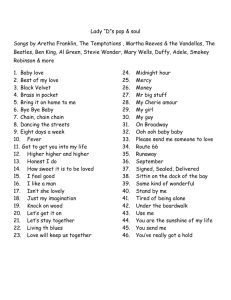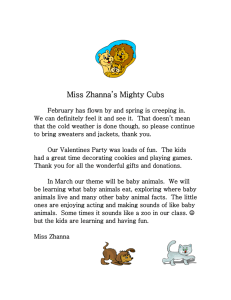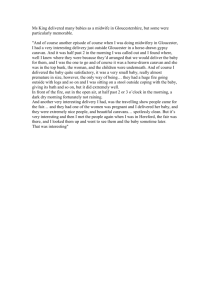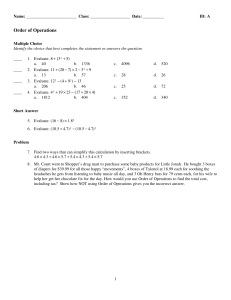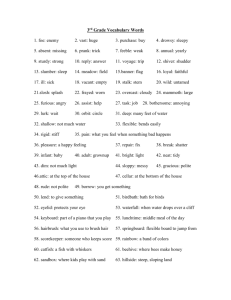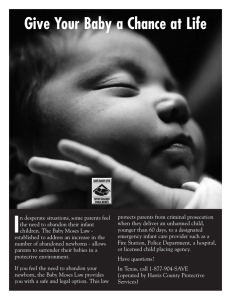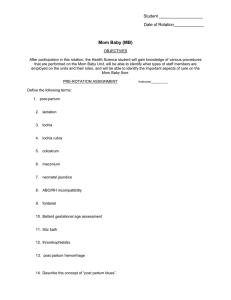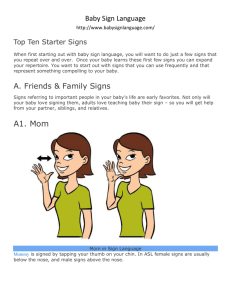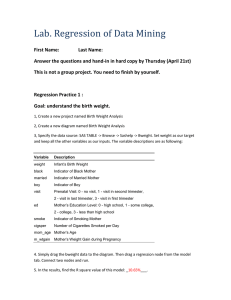women suffer from postpartum depression. Symptoms which
advertisement
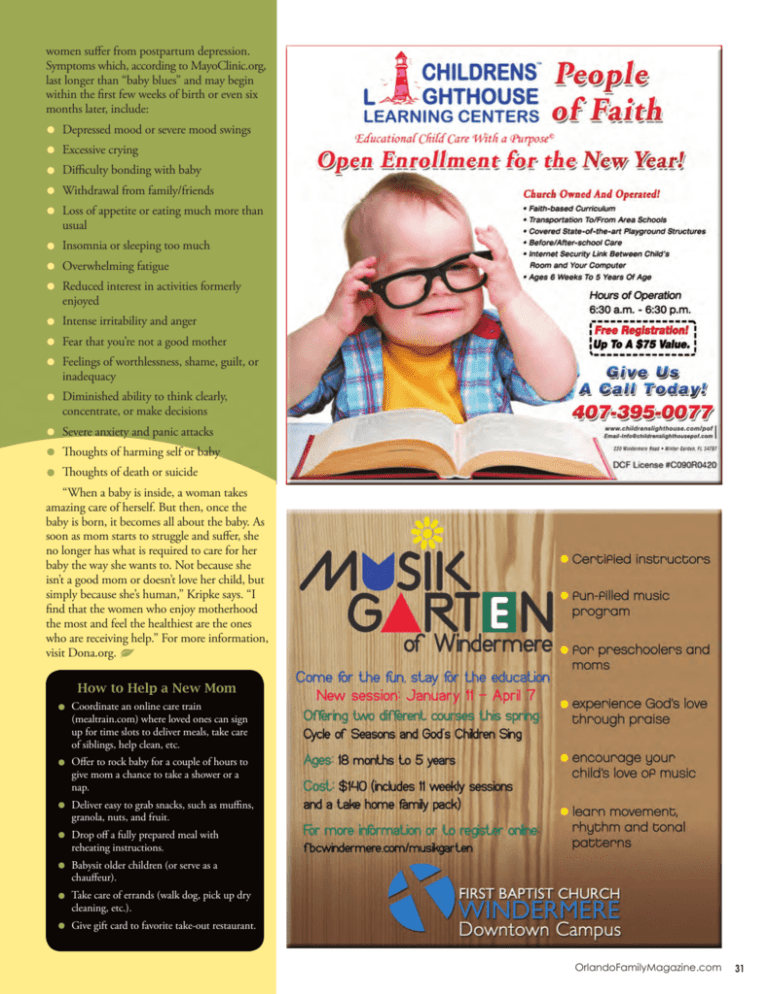
women suffer from postpartum depression. Symptoms which, according to MayoClinic.org, last longer than “baby blues” and may begin within the first few weeks of birth or even six months later, include: • Depressed mood or severe mood swings • Excessive crying • Difficulty bonding with baby • Withdrawal from family/friends of appetite or eating much more than • Loss usual • Insomnia or sleeping too much • Overwhelming fatigue interest in activities formerly • Reduced enjoyed • Intense irritability and anger • Fear that you’re not a good mother of worthlessness, shame, guilt, or • Feelings inadequacy ability to think clearly, • Diminished concentrate, or make decisions • Severe anxiety and panic attacks • Thoughts of harming self or baby • Thoughts of death or suicide “When a baby is inside, a woman takes amazing care of herself. But then, once the baby is born, it becomes all about the baby. As soon as mom starts to struggle and suffer, she no longer has what is required to care for her baby the way she wants to. Not because she isn’t a good mom or doesn’t love her child, but simply because she’s human,” Kripke says. “I find that the women who enjoy motherhood the most and feel the healthiest are the ones who are receiving help.” For more information, visit Dona.org. • How to Help a New Mom Coordinate an online care train (mealtrain.com) where loved ones can sign up for time slots to deliver meals, take care of siblings, help clean, etc. to rock baby for a couple of hours to • Offer give mom a chance to take a shower or a nap. easy to grab snacks, such as muffins, • Deliver granola, nuts, and fruit. off a fully prepared meal with • Drop reheating instructions. older children (or serve as a • Babysit chauffeur). care of errands (walk dog, pick up dry • Take cleaning, etc.). • Give gift card to favorite take-out restaurant. OrlandoFamilyMagazine.com 31



